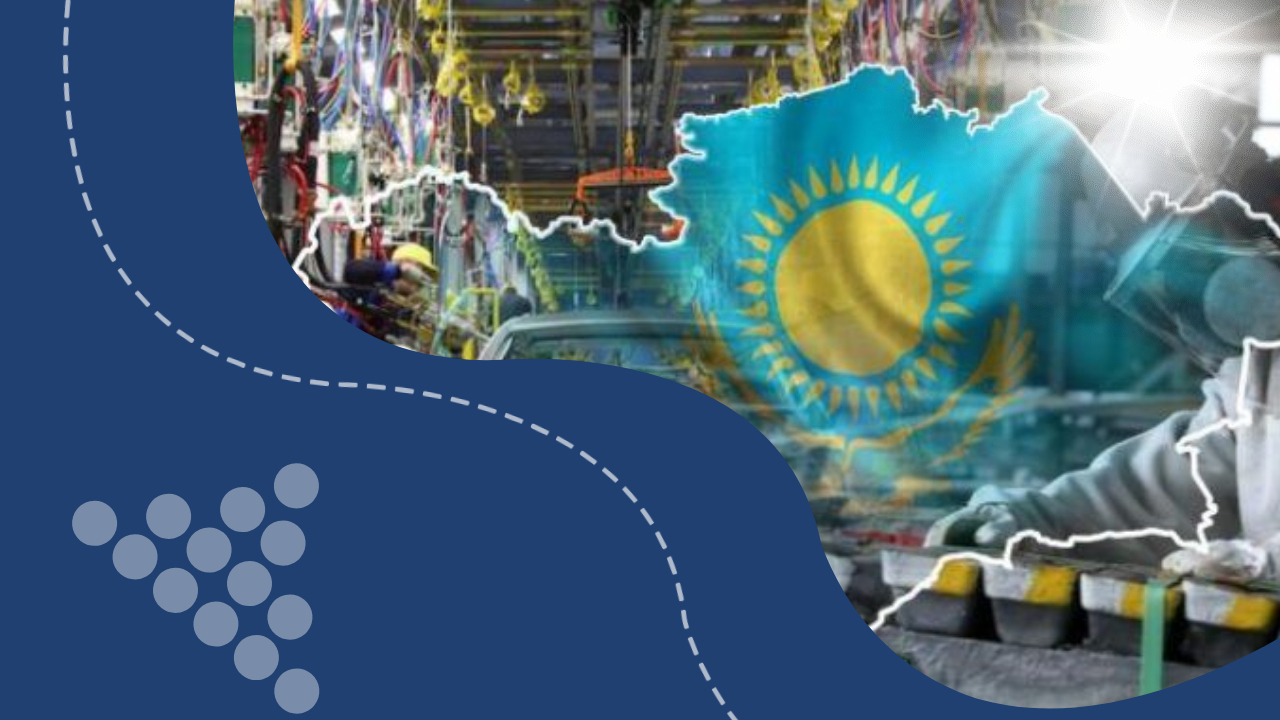The six-month ban on the export of ferrous scrap metal imposed by Kazakhstan in February 2024 will negatively impact the operations of Russian plants, according to a statement from the Association of Electrometallurgical Enterprises, as reported by “Kommersant”.
The association is urging the Ministry of Economic Development, the Ministry of Industry and Trade of the Russian Federation, as well as the Eurasian Economic Commission, to influence the decision of the Kazakh authorities regarding the restriction on shipments. Although bans on exporting scrap metal by rail have been imposed before, they did not affect the Russian side.
Last year, Russia purchased approximately 1 million tons of scrap metal from its neighboring republic. However, electrometallurgical plants will now face a shortage of raw materials. The Association of Electrometallurgical Enterprises warns that finished products, particularly construction steel, will become more expensive.
Thanks to the embargo on the export of ferrous scrap metal, Kazakhstan hopes to increase the utilization of its own metallurgical enterprises. According to the Ministry of Industry of the Republic, the domestic market demand for raw materials reaches 3.9 million tons.
According to Vladimir Dvoretsky, Chairman of the Republican Union of Secondary Metallurgy Industrialists, after the imposition of the ban, the price of scrap metal in Kazakhstan will decrease by 20-40%, which is seen as lobbying by metallurgists, particularly by companies like ArcelorMittal Temirtau (now Qarmet).

